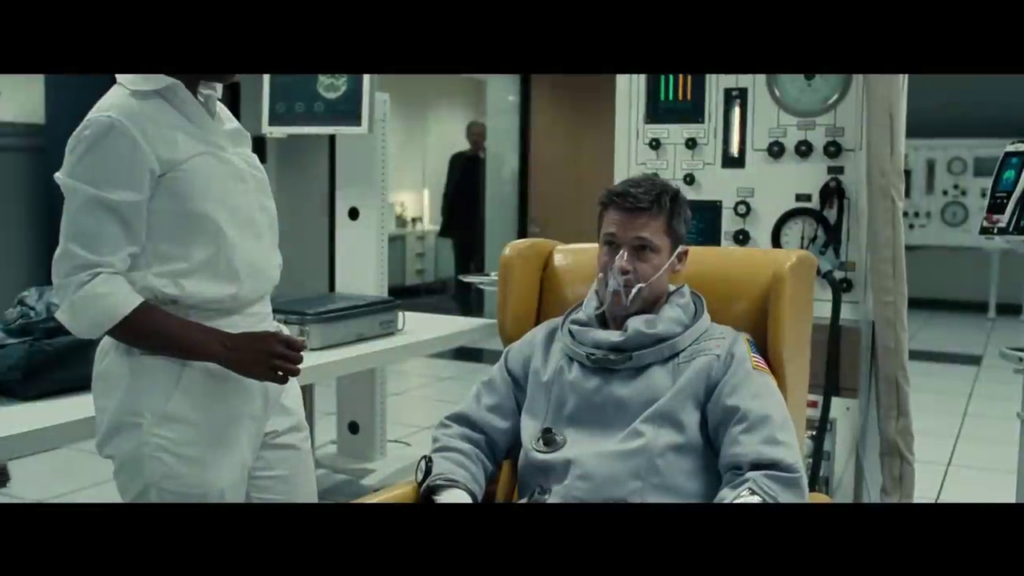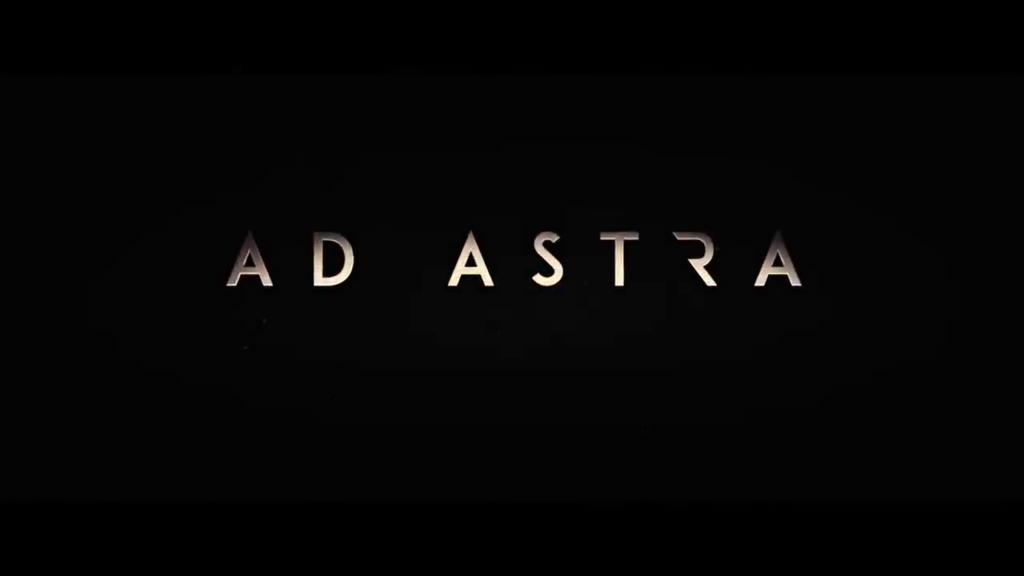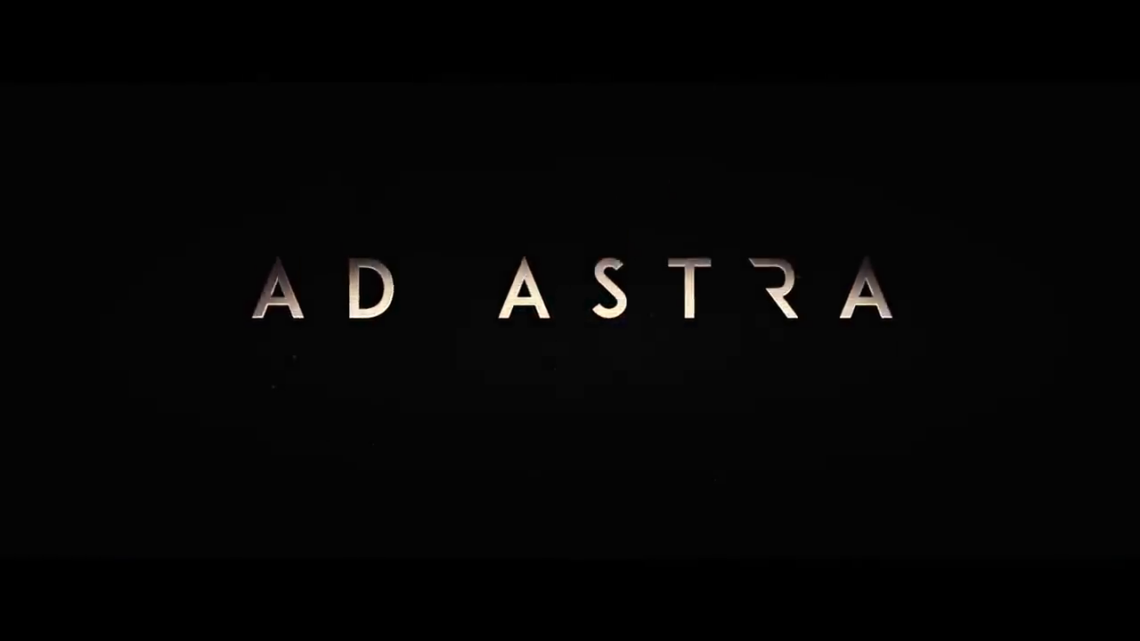-
#641 – Ad Astra (2019)









Ad Astra (2019)
Film review #641
Director: James Gray
SYNOPSIS: Following an energy surge originating from Neptune that disrupts electrical systems worldwide, Roy McBride is given a mission to travel to the planet, where a top secret project lost contact with earth many years ago, and headed by Roy’s Father. Believing Roy’s Father is still alive, he is tasked with sending a message to his father to try and re-establish contact, and begins a perilous journey across the Solar System to reach him…
THOUGHTS/ANALYSIS: Ad Astra is a 2019 sci-fi film. With a surge of energy causing global chaos, astronaut Roy McBride is assigned a top-secret mission to send a message to a secret project sent to Neptune, and led by Roy’s Father, who is believed to still be alive. Thus begins Roy’s (Brad Pitt) journey through a perilous solar system to reunite with his Father. Following in the vein of psychological sci-fi films such as Gravity, Moon and of course 2001: A Space Odyssey, we get a journey through outer space as well as the human condition. Where this film shows it’s strength is in its audio and visual design: the spatial structures and sets are detailed, special effects are nice, and you get a good sense of scale of the vast emptiness of space that compliments the emotional space within Roy that his Father left. The audio design is also pretty solid: noticeably, the film attempts, to some degree, to recreate the sound or lack thereof, in space: action scenes that take place in the vacuum are devoid of sound or very limited, which again reflects a sense of solitude and emptiness that the film is aiming at. Where the film falters is a spotty script that feels a bit chopped up as you move from one location to the next, distracting from the experience to constantly remind you that you’re in a film with scripted action scenes and dialogue that are paced out in a timely manner.
Brad Pitt pulls in a good performance as the lead Roy McBride: masterfully embodying the quiet undertakings of a man who has to not display emotion for his job, and also grappling at the emptiness within him. Pitt makes it look effortless, but not in a way that he doesn’t know what he’s doing. The rest of the cast play their parts well, but don’t really stand out, which again is important because the film centres around the protagonist’s relationships or lack thereof. One stand out is Donald Sutherland’s character who is leaned on distinctly in the first act, but doesn’t seem to serve the film in anyway, which makes his disappearance not have the effect it wants. The film’s payoff at the end throws a curveball, but it fails to really hit properly. What it gives us isn’t what we expect, but opens up new possibilities. the trouble is I don’t thin that is really what the film is about, and just giving us something completely different at the end doesn’t reflect on the journey in anyway.
While I praised the sound earlier for at least trying to simulate how sound might be heard in space, there are quite a lot of scientific liberties taken with zero gravity and whatnot. If the film wanted to be a psychological sci-fi epic, it should have really gone all in and put as much effort into the science as they did the audio and visuals. As it stands though, the story comes across as vague, and the need for awkward action scenes that forego the necessary scientific rigour leave it in a middling ground between epic and blockbuster, with only a few elements (again, the visuals and audio design) to stand on. Ad Astra is very much a style without substance film that fails to fully invest in what it wants to be. While it’s style is certainly noteworthy, it’s not enough for the whole film to revolve around.
